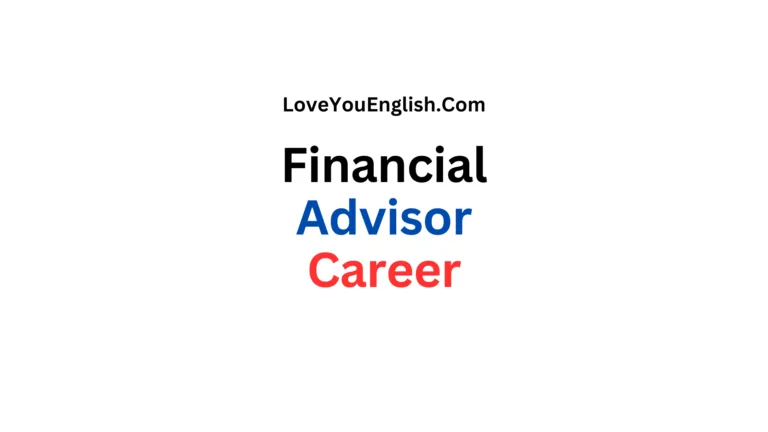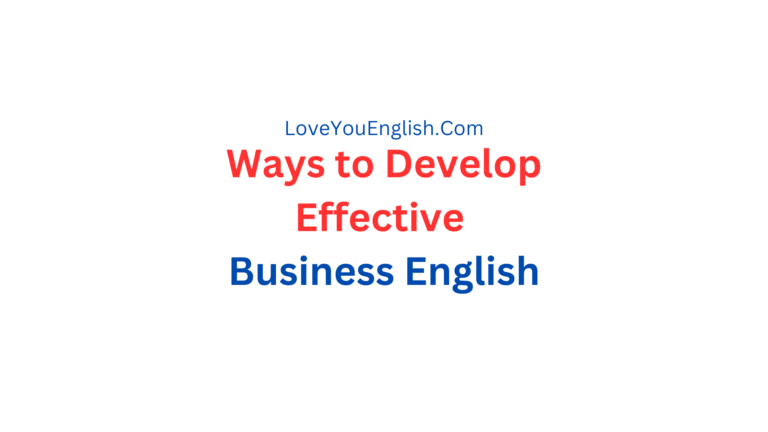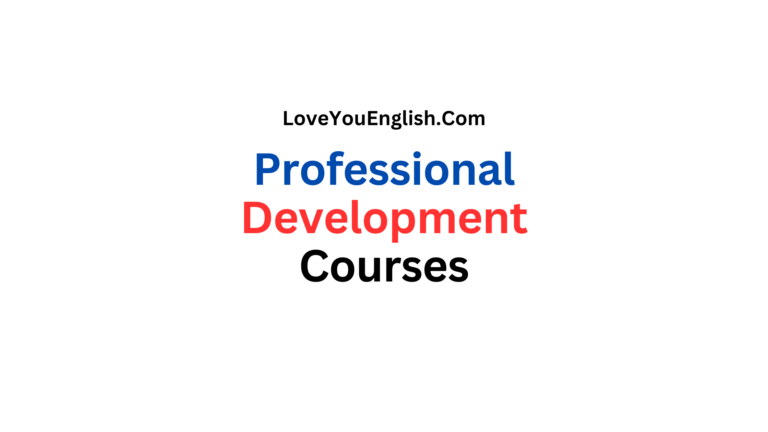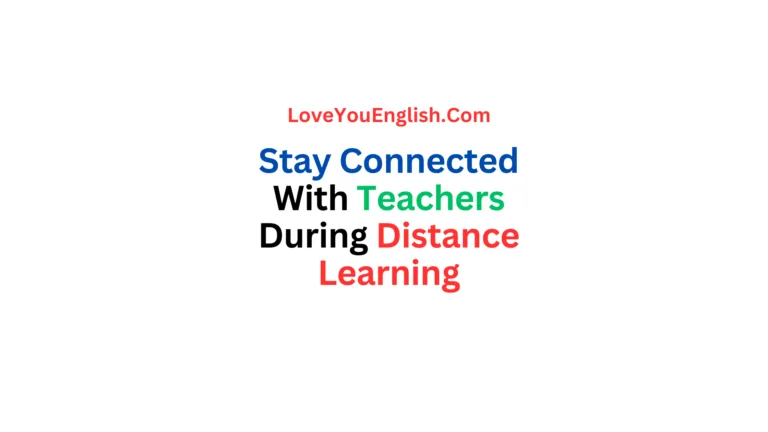Role and Importance of Certified Early Childhood Educators
Role and Importance of Certified Early Childhood Educators
Have you ever thought about who looks after little kids in places like daycares, preschools, and kindergartens?
These special people are known as early childhood educators.
A lot of them have certifications, which means they’ve gone through special training to work with young children.
In this post, we’re going to find out everything about certified early childhood educators.
We’ll look at what they do, why they are so important, and how they help kids grow and learn.
So, what exactly is a Certified Early Childhood Educator?
A certified early childhood educator is someone who has received training to work with young kids, typically from birth up to around 8 years old.
They have learned about how children grow, learn, and develop.
These educators also know the best ways to teach and care for little ones.
To become certified, early childhood educators need to:
- Study at a college or university
- Learn about child development, education, and care
- Practice working with children
- Pass tests to show they know how to do the job well
- Get a special certificate or license from their state or country
Certification is like a stamp of approval.
It shows that the educator has the knowledge and skills to work with young children safely and effectively.
What Do Certified Early Childhood Educators Do?
Certified early childhood educators have many important jobs.
They work in different places like:
Their main job is to help young children learn and grow.
Here are some of the things they do every day:
Plan and teach lessons: They create fun activities that help children learn about letters, numbers, colors, shapes, and the world around them.
Keep children safe: They make sure the learning environment is safe and clean. They also watch out for any dangers and help children learn about safety.
Help children develop social skills: They teach kids how to make friends, share, take turns, and solve problems with others.
Support emotional growth: They help children understand and manage their feelings. They also build children’s self-confidence and self-esteem.
Encourage physical development: They plan activities that help children develop their big muscles (like running and climbing) and small muscles (like drawing and cutting).
Observe and assess children’s progress: They watch how each child is developing and learning. This helps them know how to support each child’s needs.
Work with families: They talk to parents and caregivers about their children’s progress and needs. They also give advice on how families can support their child’s learning at home.
Prepare children for school: They help kids develop the skills they’ll need to succeed in elementary school and beyond.
Why Are Certified Early Childhood Educators Important?
Certified early childhood educators play a crucial role in society.
Here’s why they’re so important:
The early years matter a lot: The first few years in a child’s life are super crucial for how their brain grows. What happens during this time can shape who they become for the rest of their lives. Certified teachers understand how to make these years count.
High-quality education: Certified teachers have the skills and knowledge to give kids a great start in their education. This strong foundation can help them succeed in school as they grow older.
Keeping kids safe: These professionals know how to create safe spaces for children. They are trained to recognize and prevent risks, ensuring that kids can learn and play without worry.
Meeting different needs: Every child is special and learns in their own way. Certified teachers know how to adjust their teaching methods to help kids with various abilities, backgrounds, and learning styles.
Early help: Trained teachers can often notice early signs of learning challenges or developmental issues. This means kids can receive the support they need sooner, which can really help them improve.
Preparing for the future: By teaching important skills early on, these educators help set children up for success in school and life.
Supporting families: Certified educators can provide valuable advice and support to families, helping parents understand their child’s development and how to support their learning at home.
The Education and Training of Certified Early Childhood Educators Becoming a certified early childhood educator takes time and hard work.
Here’s what their education and training usually involves:
Most teachers who work with young kids have at least a two-year associate’s degree in early childhood education, but many go on to earn a four-year bachelor’s degree, and some even get master’s degrees.
More cool topics:
- Financial Advisor Career: A Comprehensive Guide
- How to Optimize LinkedIn Profile for Recruiters
- How to Write a Resignation Letter for a Career Change
- Career Search Advice: A Comprehensive Guide
- 6 Most Sought-After Job Candidate Skills Today
In their studies, they cover important topics like:
– How children grow and develop
– Different ways to teach young kids
– Understanding child psychology
– Keeping young children healthy and safe
– Working with families
– Planning lessons and activities
– Managing a classroom
To gain practical experience, students usually have to spend time in real classrooms with children, which is often called a practicum or student teaching.
After completing their education, future teachers typically need to pass a certification exam to prove they have the necessary knowledge.
Since they work with kids, early childhood educators must also pass background checks to ensure they are safe to be around children.
Even after they become certified, these educators continue to learn by attending workshops, taking additional classes, or going to conferences to stay updated on new research and teaching strategies.
This extensive training ensures that certified early childhood educators are well-prepared to provide the best care and education for young children.
Challenges Faced by Certified Early Childhood Educators While being an early childhood educator can be very rewarding; it also comes with challenges.
Understanding these can help us appreciate the hard work these professionals do:
Low wages: Even though early childhood educators play a crucial role, many of them don’t make a lot of money. This can make it tough to find and keep great teachers in this field.
Long hours: Taking care of little kids can be exhausting. Many educators have long workdays, often starting early in the morning and ending late at night.
High responsibility: Educators have a big job when it comes to keeping young children safe, happy, and learning. This can be stressful, especially when they are looking after several kids at the same time.
Handling tough behaviors: Young kids are still figuring out how to control their feelings and actions. Educators need to be patient and skilled to deal with tantrums, arguments, and other tricky situations.
Addressing different needs: Every child is unique, with their own strengths and challenges. Educators must find ways to help each child learn and grow in a group environment.
Staying updated with changing standards: Educational guidelines and best practices evolve over time. Educators have to keep learning and adjusting their teaching styles.
Collaborating with families: Working together with families is important, but it can sometimes be difficult. Educators have to manage different parenting styles, cultural backgrounds, and sometimes tough discussions about a child’s development or behavior.
Emotional challenges: Forming close bonds with children and then saying goodbye when they move on to elementary school can be hard for educators.Despite these challenges, many certified early childhood educators find their work deeply satisfying. They know they’re making a real difference in children’s lives.
The Impact of Certified Early Childhood Educators The work of certified early childhood educators has a big impact, not just on individual children and families, but on society as a whole.
Here’s how:
Better preparation for school: Kids who experience high-quality early education are usually more ready for elementary school. They often have improved language skills, social skills, and stronger abilities in early math and reading.
Long-lasting academic benefits: The advantages of good early education can stick with kids for a long time. Research shows that those who go to top-notch preschool programs are more likely to finish high school and pursue college.
Enhanced social and emotional abilities: Early childhood teachers help kids learn vital skills like sharing, taking turns, and handling their feelings. These skills are essential for doing well in school and in life.
Early detection of learning challenges: Skilled educators can often notice early signs of learning issues or developmental delays. This allows children to receive the help they need sooner, which can greatly improve their progress.
Assistance for working families: By offering dependable, high-quality childcare, early childhood educators enable parents to work or study, knowing their kids are well cared for.
Breaking the cycle of poverty: Quality early education can be particularly helpful for children from less advantaged backgrounds, giving them a fairer chance in life.
Economic advantages: Investing in early childhood education can lead to long-term economic gains for society. It can result in lower crime rates, higher incomes, and a reduced need for special education or social services in the future.
Encouraging diversity and inclusion: Early childhood educators often work with kids from various backgrounds. They play an important role in teaching children to appreciate and respect differences from a young age.
How to Support Certified Early Childhood Educators Given the important work that certified early childhood educators do, it’s crucial that we support them.
Here are some ways we can do that:
Acknowledge their skills: It’s important to see early childhood educators as the trained experts they are. Show them respect for their knowledge and the effort they put into their jobs.
Advocate for better salaries: Get behind movements that aim to raise the pay for early childhood educators. This can help bring in and keep talented people in this important field.
Encourage further training: Support rules that give early childhood educators the time and money they need to keep learning and growing in their careers.
Volunteer or give: If you have some spare time or extra supplies, think about helping out at a local preschool or donating books and materials.
Connect with your child’s teacher: If you’re a parent, try to build a strong relationship with your child’s teacher. Share details about your child and be open to their advice and ideas.
Back quality education programs: Vote for and support local initiatives that provide funding for top-notch early childhood education programs in your area.
Raise awareness: Help others see how important early childhood education is and recognize the great work that certified educators do.
Conclusion:
Certified early childhood educators are like hidden heroes in our neighborhoods.
They have a big job in shaping the future by caring for, teaching, and supporting our youngest kids.
Their work needs a lot of training, knowledge, and a true passion for helping children.
These educators deal with many tough situations, like low salaries and high stress levels.
Even with these challenges, they stay committed to giving kids the best start in life.
The effects of what they do go way beyond the classroom, leading to better results for both individuals and society.
As we understand how important certified early childhood educators are, it’s clear that we need to support and appreciate them.
By acknowledging their skills, pushing for better working conditions, and backing quality early education programs, we can help make sure every child gets the great early learning experiences they need.
Keep in mind, the work of certified early childhood educators is what sets the stage for a child’s future success.
By investing in early childhood education and supporting these hardworking professionals, we’re not just helping individual kids – we’re creating a brighter future for everyone.






